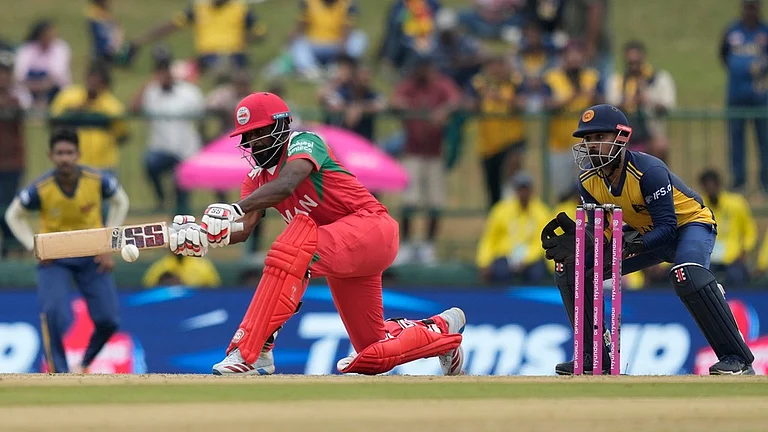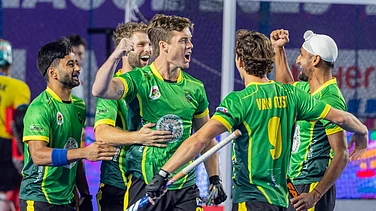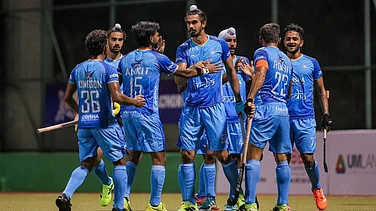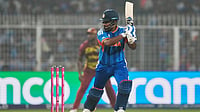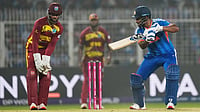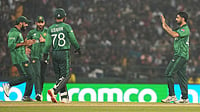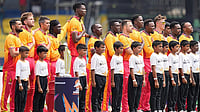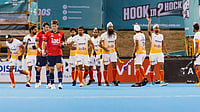At long last, Delhi had its date with international hockey. India squared off with Germany in a tantalizing two-Test series which the visitors won, but only just. It took a decade coming, a period during which the Indian team bagged back-to-back Olympic medals and established a strong allegiance with Odisha as not just a national, but also a global seat of the sport. (Highlights | More Hockey News)
Sure, the state is currently the de facto home of Indian hockey. But what ailed Major Dhyan Chand National Stadium, housed in the national capital and once considered the 'spiritual home' of the country's long-cherished sport?
The venue is steeped in history. Originally known as the Irwin Amphitheatre (after being built in 1933), the stadium hosted the first-ever Asian Games in 1951, which is when it was renamed the National Stadium. The moniker of India's greatest hockey legend was added only in 2002. And eight years later, both the Men's Hockey World Cup and the Commonwealth Games were held there.
The Indian men did extremely well at CWG 2010, beating arch-rivals Pakistan 7-4 in a packed stadium en route a maiden final appearance and a silver medal. That news broke in of hockey not being a part of the 2026 CWG programme on the eve of the bilateral series against Germany at the same venue, is a different matter.
Major Dhyan Chand National Stadium also bears fond memories for India hockey coach Craig Fulton, who made his international debut here back in 1995. Skipper Harmanpreet Singh had never played an international match in Delhi before the bilateral series, but recalls happy and hopeful junior days (until 2013) at the iconic arena.
Thus placed in context, the series' intended effect was not only to resume top-flight hockey in Delhi, but also rekindle the flame among aspiring young players here. Harmanpreet said as much, soon after the fixture was announced.
"This series is not just about the two teams playing; it's about reviving the spirit of hockey in Delhi. We hope this will inspire more young players from the region to take up the game," the ace drag-flicker had said. Whether or not that will happen, only time can tell.
A few issues were raised with the conduct, like the 3pm timing of matches that exposed the players and spectators alike to the heat, and a couple of contentious timer-related referee calls during the penalty shootout that incensed the German coach Andre Henning and goalkeeper Jean-Paul Danneberg.
But all in all, the series gave a good account of how elite hockey could be warmly received by the city, given well-planned promotion and more conveniently timed games. What's more, Indian hockey ornament Rani Rampal chose the occasion to bring the curtains down on her trailblazing career.
The stage was befitting the stature of her achievements for the country, and looking at the size and vigour of the crowd despite the heat and mid-week, Rampal couldn't help but remark, "It is so nice to see all of you here today. You all are true lovers of the sport."
Indeed, the enthusiasm was infectious, especially among the kids. Day 2 saw a bigger and more vocal crowd than the opener, the latter part of which might be explained by the scoreline, but on both afternoons, the younger ones made their joy known to all. Many a Harmanpreet fan scaled the imposing steel fencing to touch and greet their favourite star, and the love for the game and its purveyors indicated that the future is perhaps sunnier than the weather was during the matches.






